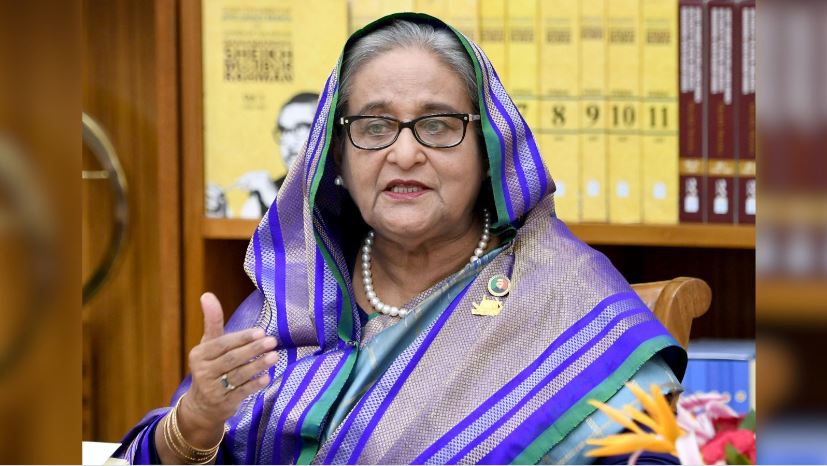Dhaka’s Rejuvenation: Commerce and Connectivity Restored After Curfew’s Relaxation
The bustling metropolis of Dhaka, Bangladesh, witnessed a resurgence of activity as rush-hour traffic returned to its streets following a four-day nationwide curfew. The curfew, implemented in response to deadly protests led by university students against government job quotas, was eased on Wednesday, leading to the reopening of offices and the partial restoration of internet services.
Economic Reawakening: Garment Industry and Financial Sector Resume Operations
Bangladesh’s vital garment and textiles industries, major suppliers to Western brands, commenced reopening factories after a production pause during the curfew. S.M. Mannan, president of the Bangladesh Garment Manufacturers and Exporters Association, confirmed the smooth resumption of operations in all factories. The stock exchange and banks also reopened, contributing to the revitalization of the nation’s economic landscape.
Civic Life Revived: Public Transportation and Digital News Platforms Return
Dhaka’s residents ventured onto the streets, some commuting to offices as public buses resumed limited operations. While some roads remained blocked for security reasons, the gradual return of normalcy was evident. Local news websites, which had been dormant since Friday, also came back online, providing crucial updates to the populace.
Political Ramifications: Student Protests and Challenges to the Ruling Party
The student-led protests have invigorated Prime Minister Sheikh Hasina’s critics, presenting a significant challenge to the ruling party. The protests, which resulted in the Supreme Court ruling to open 93% of jobs to candidates on merit, have exposed the depth and breadth of dissent against the government. The student movement’s demands extend beyond job quotas, encompassing issues such as internet restoration, police withdrawal from campuses, and the reopening of universities.
Key Learning Points:
| Aspect | Key Point |
|---|---|
| Economic Impact | Garment factories and financial institutions resumed operations following the easing of the curfew. |
| Civic Life | Public transportation and digital news platforms returned, signaling a gradual return to normalcy. |
| Political Impact | Student protests have invigorated the opposition and presented a challenge to the ruling party. |
| Student Demands | Protesters continue to advocate for internet restoration, police withdrawal from campuses, and university reopening. |
Summary: Dhaka’s economic and civic life gradually resumed after a four-day curfew was eased following student-led protests against job quotas. The garment industry, financial sector, public transportation, and digital news platforms resumed operations, signaling a return to normalcy. However, the student movement’s demands for internet restoration, police withdrawal, and university reopening remain unfulfilled, posing a challenge to the ruling party.
Soumya Smruti Sahoo is a seasoned journalist with extensive experience in both international and Indian news writing. With a sharp analytical mind and a dedication to uncovering the truth, Soumya has built a reputation for delivering in-depth, well-researched articles that provide readers with a clear understanding of complex global and domestic issues. Her work reflects a deep commitment to journalistic integrity, making her a trusted source for accurate and insightful news coverage.



